1941 Ford Super Deluxe Club Convertible
- Price:
- Location: Saint Louis, Missouri, United States
- Make: Ford
- Model: Other
- SubModel: Club Convertible
- Type: Convertible
- Trim: Super Deluxe Club Convertible
- Year: 1941
- Mileage: 53,575
- VIN: 6528635
- Color: Florentine Blue
- Engine size: V-8
- Number of cylinders: 8
- Transmission: Manual
- Drive type: RWD
- Interior color: Red
- Vehicle Title: Clear
1941 Ford Other Super Deluxe Club Convertible Description
1941 Ford Super Deluxe Club Convertible Description1941 Ford Super Deluxe Club Convertible
One of 30,240 convertibles made in 1941 Rare combination of Florentine Blue exterior and striking original red leather interior 221 CID Flathead V-8 engine Three-speed manual transmission Black convertible cloth top with matching boot and correct back window Optional cabin heater New Firestone wide whitewall tiresTravel back in time to before Pearl Harbor, when a new house cost about $4,000, gas cost 12 cents a gallon and the average price for a new car was $850, in this 1941 Ford Super De Luxe Club Convertible, now at MotoeXotica Classic Cars. This car’s previous owner was an avid Ford collector and this example was part of his collection.
Dressed in Florentine Blue, this top of the line Super Deluxe’s paint and trim are in overall very good order, with just a few minor blemishes visible upon close inspection. The car’s windows are in very good condition, as are its lights, although the driver’s side turn signal shows some moisture leakage. This classic Ford droptop rides on new Firestone Deluxe Champion wide whitewall tires, size 6.00-16, and surrounding factory chrome wheels with body-colored beauty rings.
All of the car’s body panels are solid and straight, including the black cloth convertible top with its correct black window and matching boot, black running boards and its chrome bumpers. Its trunk is in great shape and includes a full-size spare tire. The engine bay is quite tidy and the battery appears new.
Under the hood is Ford’s famous Flathead V-8 engine, mated to a three-speed manual transmission and backed by a 3.78:1 rear end.
Inside, the car’s genuine red leather interior is quite a striking contrast to the Florentine Blue exterior. The seats are in overall very good order with very minor flaws, while the red carpet is in good shape. The red metal instrument panel, with its beige trim, is in very good condition, however the wipers are inoperable. The two-spoke steering wheel is in good order while the inner door panels and mirror glass are in very good order. This model has the optional cabin heater, the shift lever is in good order and the car is a radio delete model.
Fords for 1941 were much more modern with a body that nearly covered the running boards. The front and rear fenders were still pronounced, but were now integrated more into the body and the headlights were pushed all the way up and out over the front wheels. The grille was a three-part affair with a tall center section bookended by twin kidneys low on the fenders and vertical bars all around. Body styles included two-door and four-door sedans, a sedan coupe, a business coupe and convertible coupe, sedan delivery wagon and woody station wagon.
The 1941 design would continue in an aborted 1942 model year and would be restarted in 1946 and produced until the more modern 1949 Fords were ready. During the initial year of this car, it evolved considerably. The front fenders came in three pieces, the theory being that small damage could be replaced easily. The 1941 convertible had no rear side windows, the only side windows being in the doors. This is thought to be the first Ford to offer an oil filter. The two interior heaters were a “Southwind” gasoline burner, which had the advantage of keeping one warm in winter at drive-in movies (provided a small electric fuel pump was used), and a more ordinary hot-water type. Both had window defrosters. Electric windshield wipers were available in addition to the vacuum-powered wipers. Three different convertible power top mechanisms (vacuum, electric screw and hydraulic) and two different header bar latching systems were used. Rear suspensions sometimes had a sway bar; most did not. It had excellent brakes for the time and the best handling of an ordinary car at the time. It was a very transitional car.
The two previous Ford car lines, Standard and De Luxe, blossomed into three, Special, De Luxe and Super De Luxe. The popular 221 CID V8 remained as the top-line engine and was standard in De Luxe models. The chassis was longer, with a 114-inch wheelbase.
The “ignition key” for these cars was actually used to operate a bolt lock, which, on one end, unlocked the steering column (a feature destined to return, mandated, decades later), and on the other end unblocked the ignition switch, allowing it to be operated. Starting the car was then accomplished by pressing a pushbutton on the dashboard, another feature destined to return with the advent of “smart keys.”
Although starting cranks had been replaced by electric starters decades ago, Ford cars included a manual starting feature as an antidote to dead-battery syndrome. The wheel-lug wrench served as a handle (also for the jack) and the jack shaft with bayonet-coupling pins could be inserted through a small hole in the grille to engage a bayonet socket on the forward end of the engine crankshaft. A quick-and-easy twist of the handle was sufficient to start the Flathead V8 and the bayonet coupling was self-disengaging for safety.
Competition to this car in 1941 included Buick’s Series 50 Super Convertible, DeSoto’s Custom Convertible Club Coupe, Hudson’s Super Six Convertible Brougham, Mercury’s Sportsman Convertible and Oldsmobile’s Custom 8 Cruiser Convertible Coupe.
This car is currently located at our facility in St. Louis, Missouri. Current mileage on the odometer shows 53,575 miles. It is sold as is, where is, on a clean and clear, mileage exempt title. GET OUT AND DRIVE!!!
Click here for our YouTube video!
VIN: 6528635
Note: Please see full terms and conditions listed below that pertain to the purchase of any said vehicle, thank you.
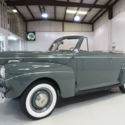 1941 Ford Super Deluxe Club Convertible | 221ci V8 w/ accessory fram oil filter
1941 Ford Super Deluxe Club Convertible | 221ci V8 w/ accessory fram oil filter
Mileage: 1200
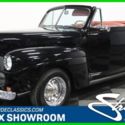 1941 Ford Super Deluxe Convertible 1941 Used Manual
1941 Ford Super Deluxe Convertible 1941 Used Manual
Mileage: 1400
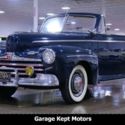 1946 Ford Super Deluxe Convertible Club Coupe Convertible 239ci V8 88388 Miles
1946 Ford Super Deluxe Convertible Club Coupe Convertible 239ci V8 88388 Miles
Mileage: 88388
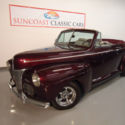 1941 Ford Super Deluxe Convertible
1941 Ford Super Deluxe Convertible
Mileage: 42,467
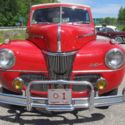 1941 FORD SUPER DELUXE CONVERTIBLE VERY NICE CAR
1941 FORD SUPER DELUXE CONVERTIBLE VERY NICE CAR
Mileage: 11,468
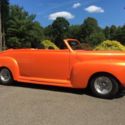 1941 FORD CONVERTIBLE SUPER DELUXE STREETROD
1941 FORD CONVERTIBLE SUPER DELUXE STREETROD
Mileage: 1,000
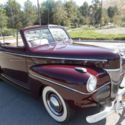 1941 Ford Super Deluxe Convertible ...NO RUST
1941 Ford Super Deluxe Convertible ...NO RUST
Mileage: 45,000
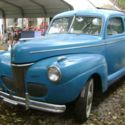 1941 Ford Club Coupe Deluxe Flathead V8 NO RESERVE
1941 Ford Club Coupe Deluxe Flathead V8 NO RESERVE
Mileage: 68878
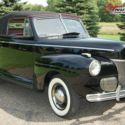 1941 Ford Super Deluxe Convertible - Ellingson Motorcars
1941 Ford Super Deluxe Convertible - Ellingson Motorcars
Mileage: 44984
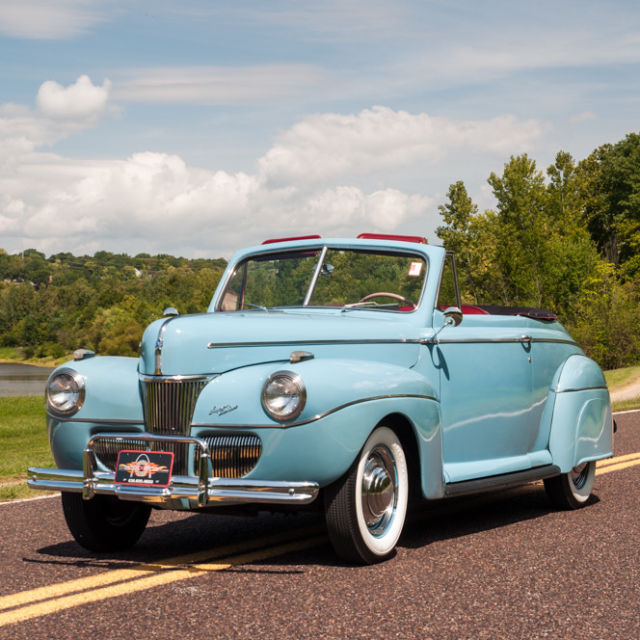
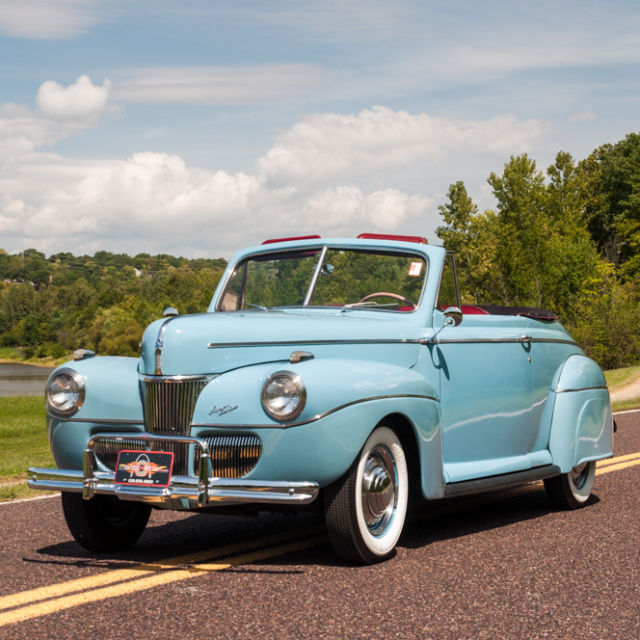
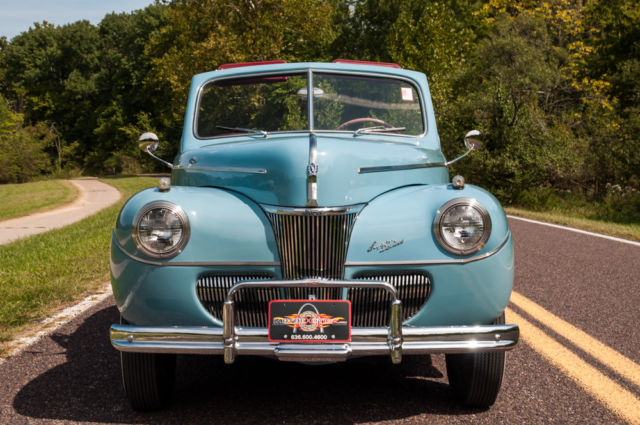
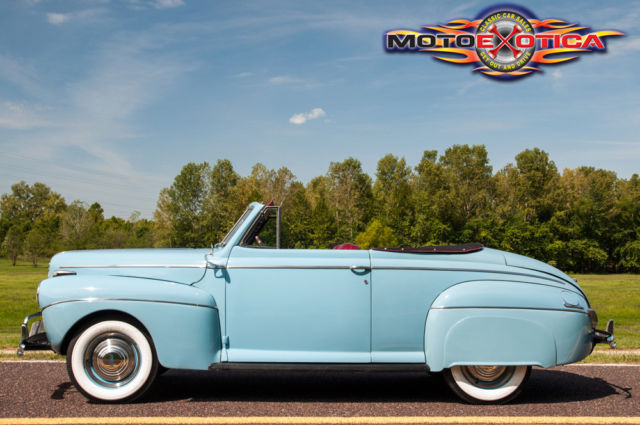
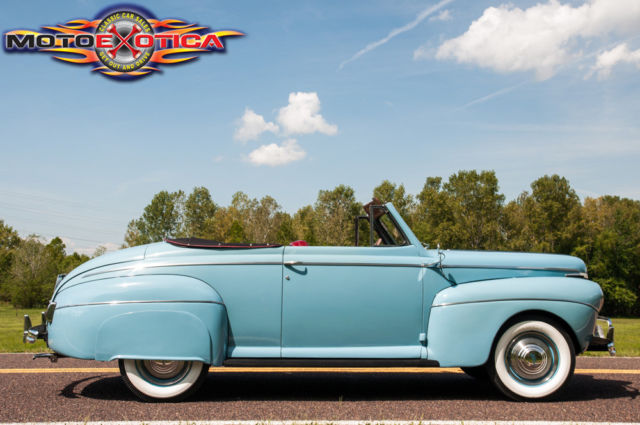
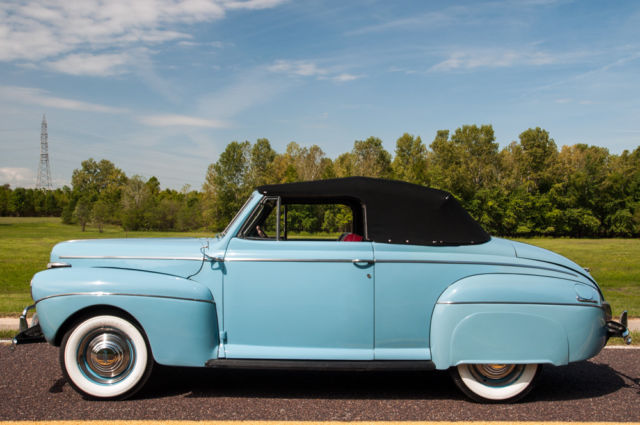
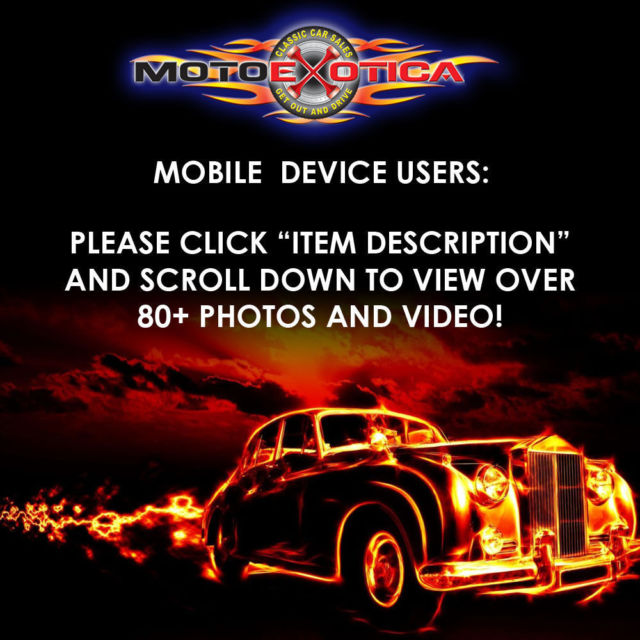
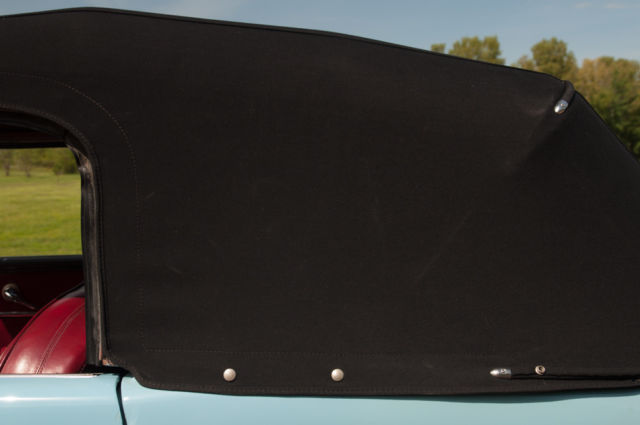
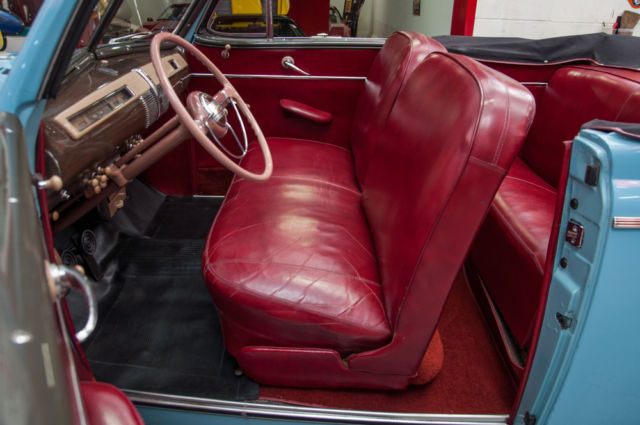
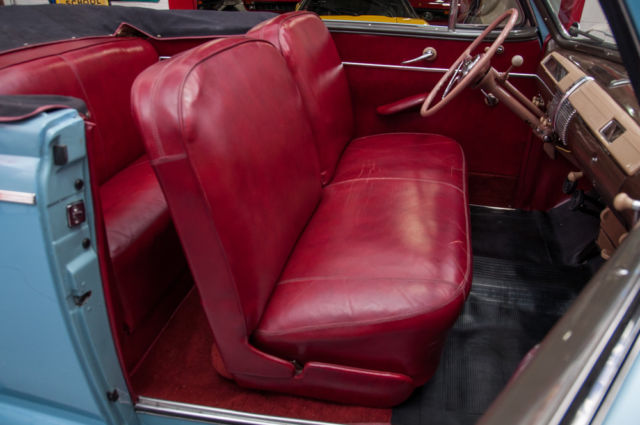
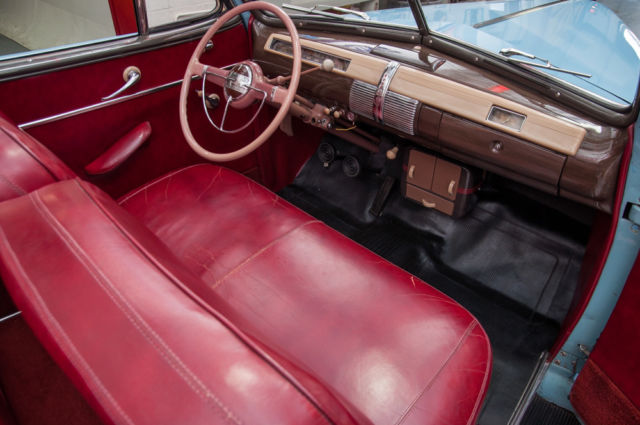

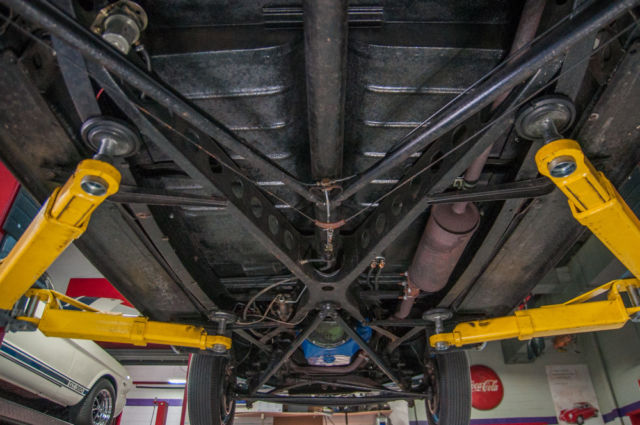
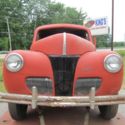 1941 FORD SUPER DELUXE CLUB COUPE SOLID ROLLING BODY
1941 FORD SUPER DELUXE CLUB COUPE SOLID ROLLING BODY